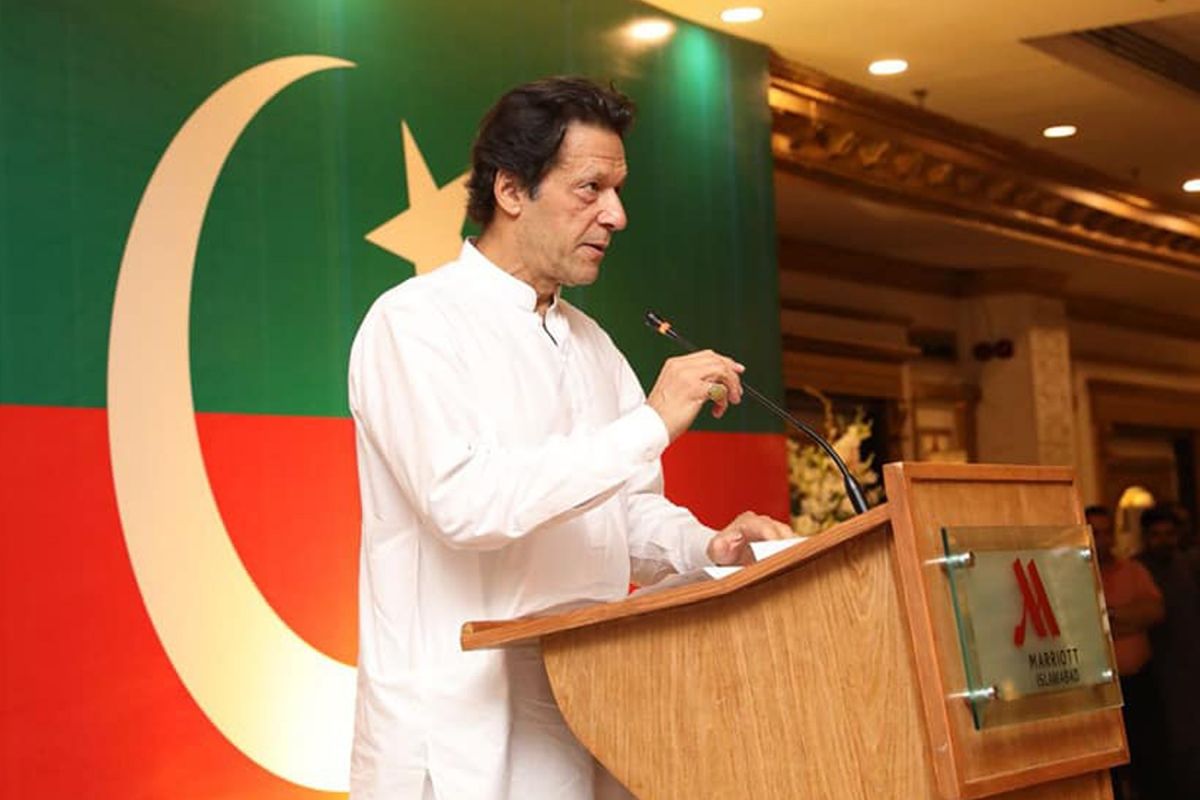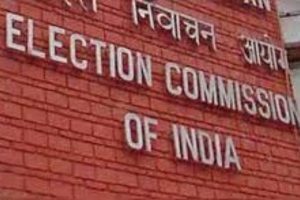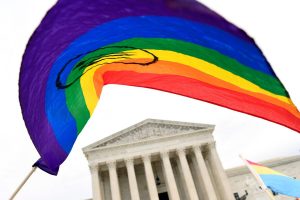Even by the standards of Pakistan’s tortuous history, the high political drama of the past seven days set a new record in power plays taken to excessive limits and the unwillingness of Imran Khan’s government to play by the rules. In the end, he earned the dubious distinction of being the country’s first prime minister to be ousted by a vote of no-confidence. But not before the Supreme Court was forced to step in to resolve the constitutional crisis that raged for several days.
The Supreme Court verdict marked a win for constitutional supremacy, the rule of law and democracy, all of which were imperilled by Khan’s actions to prevent a parliamentary vote of no-confidence against him. In a historic judgement, the Supreme Court declared the deputy speaker’s ruling unconstitutional by which he had arbitrarily blocked the no-confidence vote on April 3 on the fabricated grounds of a ‘foreign conspiracy’ aimed at ousting the government.
Advertisement
It also quashed subsequent actions for being contrary to the Constitution. Its unanimous judgement restored the National Assembly, illegally dissolved by President Arif Alvi on Khan’s advice and ordered the no-confidence vote to proceed uninterrupted. But the court’s effort to resolve the crisis did not see Khan and his coterie of ministers graciously accept and comply with the verdict.
Revived by the Supreme Court, the Assembly convened on April 9 when no-confidence proceedings finally got underway. But all day the Speaker kept stonewalling the vote, adjourning the session every few hours and giving the floor to the treasury benches to filibuster the proceedings including a long-winded, disingenuous speech by Shah Mahmood Qureshi. This turned the session into a virtual farce.
After several suspenseful and tense hours amid indications that the government did not intend to call the vote, the move by Supreme Court judges to convene at midnight proved to be decisive. With the possibility of contempt of court proceedings looming against the speaker for defying the verdict, Asad Qaiser resigned. This enabled the Assembly to proceed at midnight to vote Khan out of office and bring his rule to an inglorious end.
Although Khan’s exit from power has opened a new, uncertain phase in Pakistan’s politics, it is important to examine the past week’s tumultuous events and the many dimensions of the political and constitutional crisis that shook — and exhausted — the country. The former ruling party’s undemocratic attitude and conduct plunged Pakistan into uncharted territory. The unprecedented crisis came to encompass all the country’s institutions — the Supreme Court, parliament, presidency, Punjab Assembly, the Election Commission and last but not least, the establishment, despite its intent to stay away from the political turmoil.
It was, after all, a top establishment official who reportedly approached opposition leaders on behalf of the embattled premier to ask (before April 3) if they would withdraw the no-confidence move in return for Khan’s resignation and dissolution of assemblies — to give him a ‘face saver’. The opposition refused. Several aspects of the crisis that followed, distinguished it from others in the country’s chequered past and hold lessons for the future.
Never before did a government faced with defeat in a no-confidence vote seek to circumvent the process by patently unconstitutional manoeuvres, political chicanery and delays. Twice in the past, in 1989 and 2006, governments confronted no-confidence moves, but they faced up to them in parliament and defeated them. In 1989, lawmakers were taken to ‘safe places’ by the opposition to make them inaccessible but that did not urge the late Benazir Bhutto to block the vote, which she won.
Also, unprecedented was the PTI government’s refusal to relinquish power even though it knew it had lost its parliamentary majority. It got a partisan president to ask Khan to continue as prime minister even after he had dissolved the Assembly. Resorting to Trumpian tactics, Khan called on his supporters to hold demonstrations in an effort to intimidate rivals and influence the Supreme Court and later to express displeasure with the verdict and his ouster.
Another difference from past crises is the way the government used the alibi of a US-orchestrated plot to explain — and deny — the loss of its parliamentary majority. Khan and his loyalists went on long rants about this conspiracy, misusing a diplomatic cable to make the claim — as if anyone conspiring would convey this to an envoy! In a series of leaks and background briefings the establishment indicated this was totally false.
As did the majority of people. A Gallup survey released last week found almost two-thirds of people did not support the government’s conspiracy claim. None of this, however, deterred Khan from reiterating the conspiracy narrative in his last speech as prime minister and then in the April 9 Assembly session by his overzealous ministers. Third, the government repeated its defiance and violation of the Constitution and parliamentary rules in Punjab too, where it engaged in a succession of reckless manoeuvres.
It kept postponing the provincial assembly session to prevent the vote to elect a new leader after Khan’s chief minister, Usman Buzdar, was asked to step down. When PTI found its nominee for chief minister, Parvez Elahi didn’t command the required numbers, it prevented the assembly from meeting, even locking the chamber, reinforcing it with barbed wire and shutting out the deputy speaker, the custodian of the House. These were scenes never witnessed before. Some commentators described the conduct worse than of military dictators in the past. Four, the meltdown of the former ruling party was also a significant departure from the past.
Both at the centre and in Punjab, groups of dissidents emerged and announced their disassociation with a government that had lost its way, in their view. The way PTI’s parliamentary membership began to unravel has few parallels if any in Pakistan’s history. This erosion, due principally to its leadership’s arrogant and blundering ways, is still underway, and raises questions about the party’s electoral future.
The move by the leadership to disqualify 20 of its MNAs exposed the extent of revolt in the party. Its fragmentation also reflects the fact that the party has been more a collection of cult followers or a fan club than a proper organisation. Many so-called electables were in any case injected into the party by the establishment and who therefore owe no loyalty to Khan.
While the transition ahead is expected to be relatively smooth, there is much uncertainty about what will follow once a new government is installed. But for now, democracy has been strengthened while the Supreme Court’s judgement has established there will be swift retribution for constitutional transgressions and that no one is above the law. Hopefully, this will close the door to future constitutional violations, strengthen the rule of law and finally bury the doctrine of necessity.
(Dawn/ANN)











